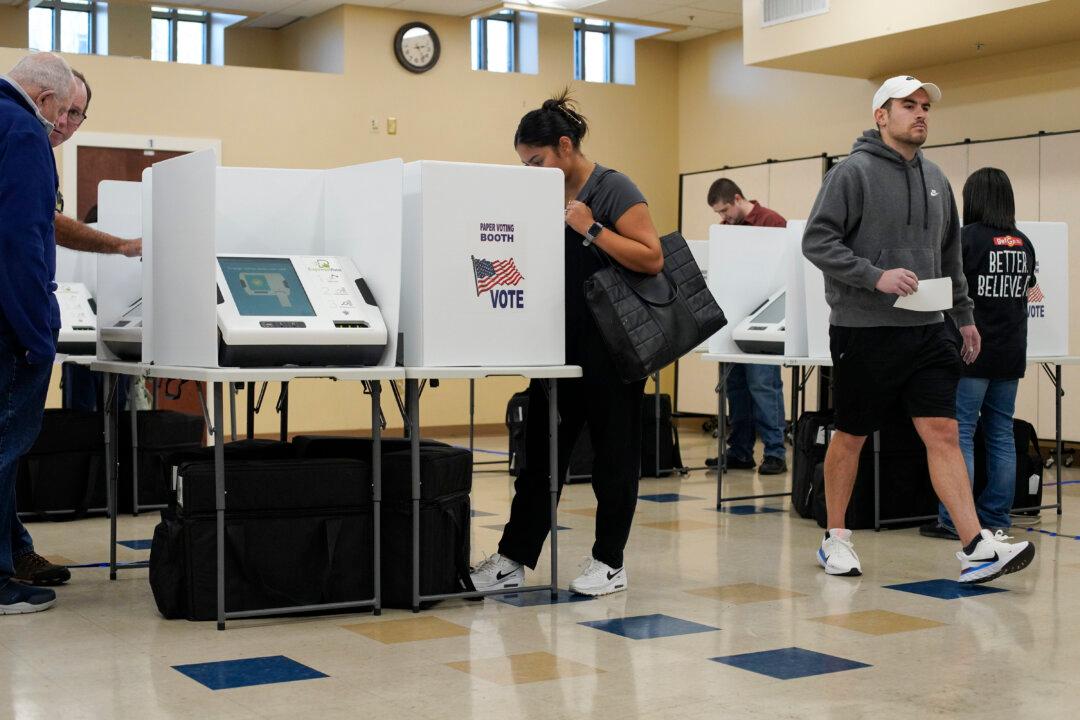A federal judge in Ohio has struck down an election law that made it illegal for nearly anyone other than a relatively narrow group of close relatives to return an absentee ballot on behalf of someone with a disability.
Judge Bridget Meehan Brennan of the U.S. District Court for the Northern District of Ohio entered a judgment on July 22 that blocks enforcement of a section of Ohio’s House Bill 458. This section made it a felony for anyone who is not an election official or mail carrier to possess or return the absentee ballot of a voter with a disability unless the individual assisting that disabled voter is enumerated on a list of authorized relatives.





